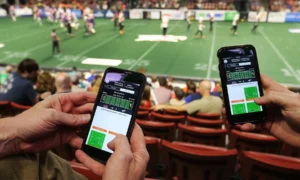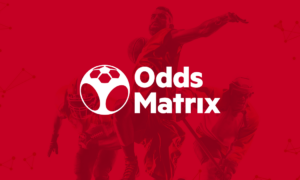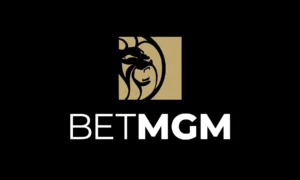The Olympic Committee ruled in July 2018 that esports would not be a part of the Paris 2024 Olympic Games. What does that mean for the future of esports? Will it ever be considered a “real” sport?
What is the difference?
From the outside looking in, there seems to be a world of difference between esports and their IRL counterparts. On the part of the International Olympic Committee (IOC), they believed that the difference was in the values. Speaking to a summit of stakeholders in 2018 the IOC said
“The industry is commercially driven, while on the other hand the sports movement is values-based. For all these reasons, a discussion about the inclusion of esports/egames as a medal event on the Olympic program is premature.”
So, the Olympic committee believes that it would be a wise financial move to include esports, but the value system may not match their own. But that’s just one sporting body, the IOC is a pretty stuffy organisation and definitely won’t be the first to change their mind.
There are other, crucial differences between the two. It is the split between physical and mental skills. No matter what your fitness level, you can compete in esports if you have the requisite reflexes and gaming skills. On the other hand, pro athletes will have to train their mind and body for years to be able to compete on the international stage.
Speaking to Inside the Games, world champion BMXer Sarah Walker said
“I think as it stands right now, the way esports is, I don’t think it completely fits into the Olympics. The main difference for me is if I want to practice any Olympic discipline, if I wanted to try one of them, I actually have to go out and do it. I have to be active. Where gaming is right now, if I was inspired to be a gamer, my first step is to go home and sit on the couch.”
How are they similar?
Despite the lengthy section dedicated to the differences between esports and “real” sports, they are far more similar than most people realise. They are both competitive and require a huge skill level and time investment.
Pro players and teams practice up to and over ten hours a day to maintain their competitive edge. It takes just as much dedication and drive to practice the same game day in day out as it does to train for a “real” sport. A study from Nikkei found that pro players approach games in a totally different way than your average gamer. They focus on the screen by targeting areas that they know, from years of practice, that enemies will appear at in order to win the game.
Professor Ingo Froböse from the German Sports University in Cologne was the first scientist to conduct a study on the athletes that compete in esports.
“We were particularly impressed by both the demands placed on the motor skills and their capabilities. The eSports athletes achieve up to 400 movements on the keyboard and the mouse per minute, four times as much as the average person. The whole thing is asymmetrical, because both hands are being moved at the same time and various parts of the brain are also being used at the same time.”
This level of skill is not matched in any other sport, pro players need superhuman hand-eye coordination and multitasking skills in order to compete at a high level. This may not be the most physically taxing sport, but it certainly takes a toll mentally.
Another similarity is the cottage industries that have grown up alongside the sports. Esports has its own roster of coaches, trainers, commentators, and tournaments. All of this can serve the ever-growing industry of esports betting. There are many different websites and even in person betting shops that take bets on major esports events.
So, is it a sport?
The clue is in the name, esport. It is a sport; it requires all the same dedication and drive that traditional sports do while also bringing in a section of the population that may have been underserved by the “real” sports industry. As the average viewership age of traditional sports increases, the growth of esports is a welcome addition to the pantheon of sporting traditions.








